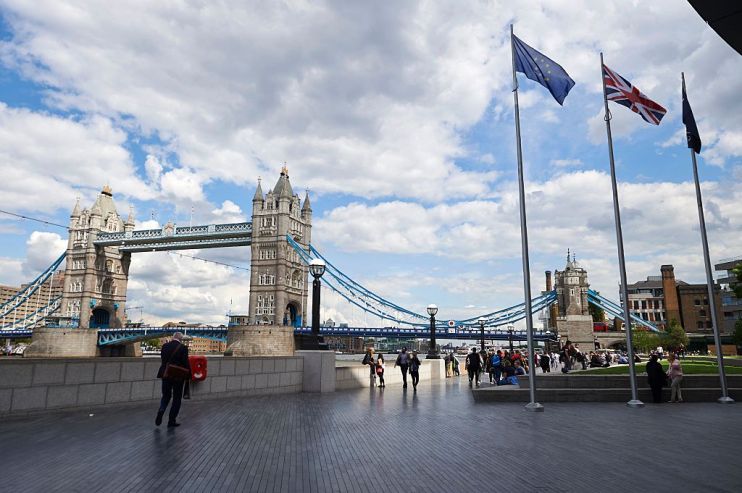Time for City pragmatism to override political posturing in Brexit trade talks

Just how much more time can Westminster and Brussels policymakers really afford to spend on shadow boxing?
Can the UK government really ignore warnings from Brussels that the EU may not be in a position to grant the UK access to European financial markets? Conversely, can the EU risk being without access to London’s financial infrastructure?
The answer to both questions is an unequivocal no. The truth is that both sides should put the political point scoring to one side and look at the reality of the situation.
To start with, the City of London provides a deep pool of financial and human capital that helps finance investment and job creation on a pan-European basis. The post-recession European continent needs a new generation of entrepreneurs creating companies which will go on to generate much-needed employment. This can only be achieved through interconnected and efficient capital markets that are not burdened by artificial barriers to trade and investment. The EU should resist the temptation to erect unnecessary barriers to trading shares in EU listed companies.
Many studies post-financial crisis have shown how fledgling Eurozone companies were over-reliant on bank debt funding compared with, for example, their American counterparts. Over a decade on from the crisis, Eurozone banks are still not strong enough to fund a new plan for European business from their own balance sheets. They need global investors with risk appetite to invest — and London’s expertise at financing both listed and private equity is essential.
From the UK point of view, Britain’s services sector is at risk if the two sides cannot come to an agreement. The UK is fond of German cars, but Britain’s status as a net importer of EU consumer goods has given UK Brexit negotiators false confidence that the EU will not erect trade barriers in the form of tariffs when the country leaves the Single Market and customs union. Less thought seems to have been given to the fact that in services the reverse is true — the EU is a net importer of services from the UK, including many City financial services such as capital markets, trading, administration and legal services. If the EU chose to erect barriers, this vibrant sector would suffer.
EU negotiators’ warnings of legal barriers and other tariffs on the City’s service exports should not be taken lightly, and the UK should note that WTO trade rules would not give London sufficient access to EU capital markets.
Basic economics argues that the highest state of efficiency is reached when people are allowed to do what they do best. The City should focus on finance, and Germany should make consumer goods. A reduction in mutual trade in goods and services between the UK and EU is not in either side’s interests.
We have a matter of months for a trade deal to be not only agreed but then ratified through the European Parliament. Unfortunately, it seems as if very little progress has been made since the Withdrawal Agreement was passed through the House of Commons. Now is not the time for ego-driven politicians to gamble with the future growth of EU and UK citizens. Instead, negotiators in both Westminster and Brussels should plan specific measures to strengthen trade ties and promote financing for economic growth and prosperity in a post-Brexit world.
Given everything else that is going on right now, the last thing the City or the EU needs is disruptive market dislocations.
Main image credit: Getty